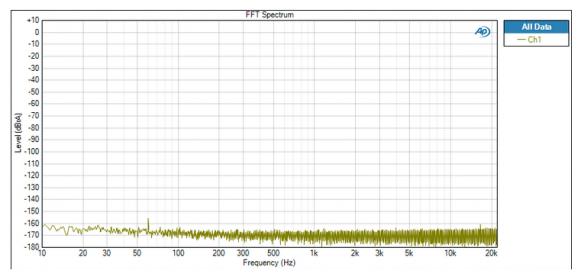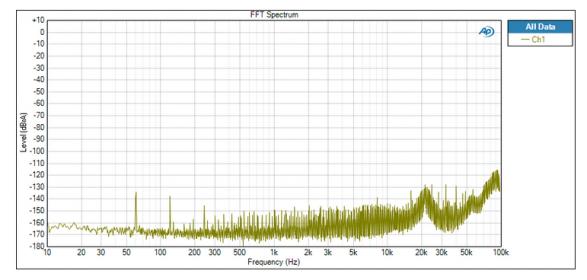I don't understand your question. If you are asking if I have also done listening tests, and spent far more with these systems than the measurement project, the answer is yes. I have lived with these systems for 2-3 years in this architecture (and more than a decade using Pro Audio cards). We have three music servers at work in different rooms/systems and have them connected using normal USB, the two async interfaces and multiple speaker/amp configs. I have spent hours doing AB comparisons. Those subjective results point to the async USB interface improving the performance of any external DAC/Processor that I connected them to, sans one. They also always outperformed non-async USB subjectively.
I have also documented my Berkeley vs Audiophilleo here: http://www.whatsbestforum.com/showthread.php?4160-Review-Berkeley-Audio-Alpha-USB
I don't push this data because as I say in that thread, everything I hear may be faulty. The effects of placebo are far stronger than the differences I hear. For that reason, I present the measurements because they are reliable and concrete in what they show.
We may also differ in priorities. To me the *content* of music is priority 1. Its fidelity, as shocking as it may be to many of you, is priority 2. I get far more enjoyment out of my new car stereo that lets me play my large music library from flash drive where I can listen to a ton of varied music as my mood mandates. In contrast, the CD is boring in that I wind up listening to the same CD over and over again as I drive long distances. Convenience for me is such a huge factor that once I adopted music servers, there was no going back. For that reason, you don't see me with a stash of high-end CD players to compare things to. I think they are obsoleted and dead, just not buried. They are the rotary phone of music systems. We absolutely know how to get superb performance out of a PC and the measurements show that in spades. As do the superb fidelity that I hear. At shows like high-end area of CES, 9 out of 10 digital systems I hear are based on music servers.
So don't look to me spending a ton of time worrying about what $$$ stand-alone players are like. It just isn't a priority for me either based on usage or what they think they can accomplish technically. All of this is of course opinion. The data was not.
For someone who seemed not to understand the question you answered pretty well - I can now understand much better your opinions and weight your points accordingly. Your personnel weight of convenience and interests are quite different from those of many audiophiles, experience and opinions of audiophiles such as me are of little use for you. Your use of shows as an example only evidences how far you seem to be from high-end and some audiophiles - we often read that 9 out of 10 exhibitors have poor sound, most of those who have great sound rely on analog or music servers using exceptional recordings or finely tuned systems.
BTW, you seemed to misunderstand the point of the CD transport importance in this affair. The question is not the rotary phone aspect, it is trying to understand the why's of their performance coupled with matching DACs of the same brand and seeing if something can be learned from it that can be used to improve PC music player sound quality. Since you consider it superb, it is not a question anymore.












